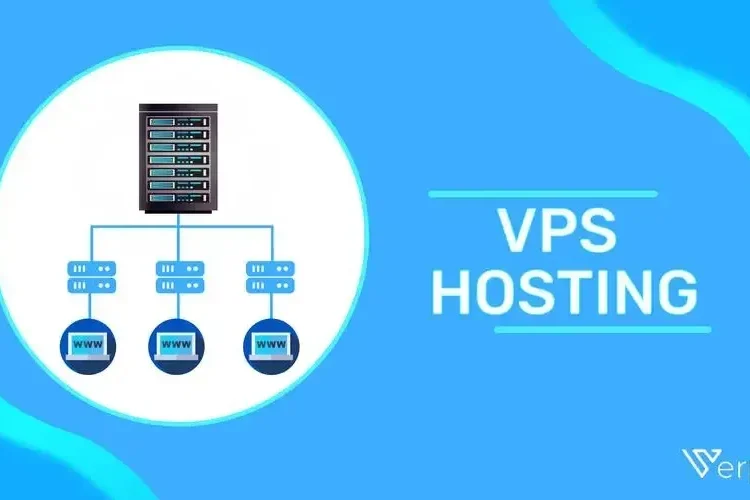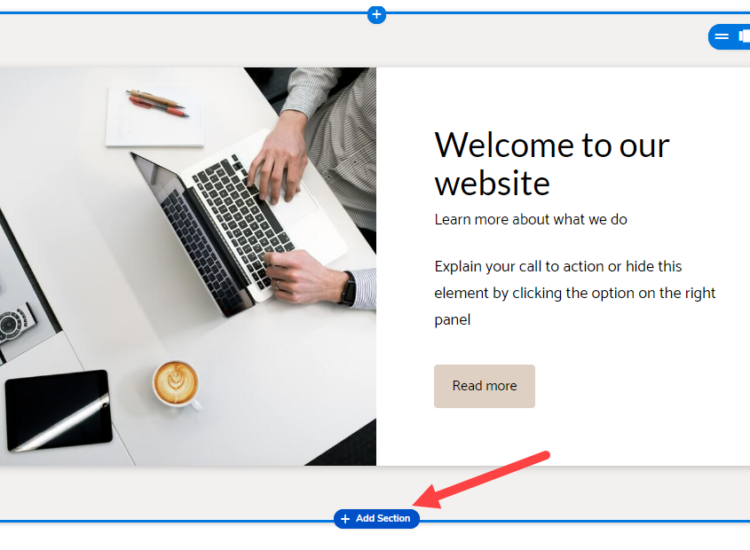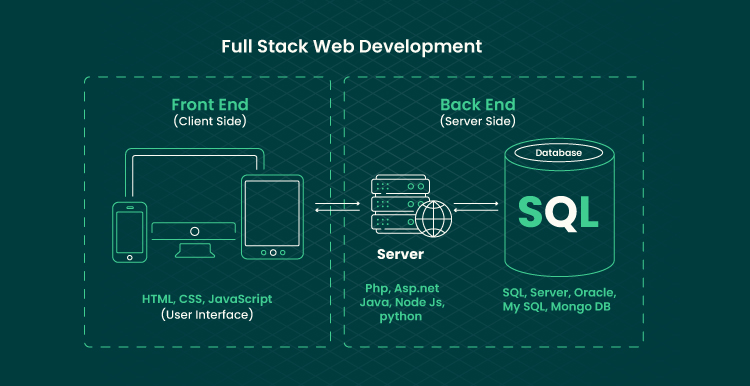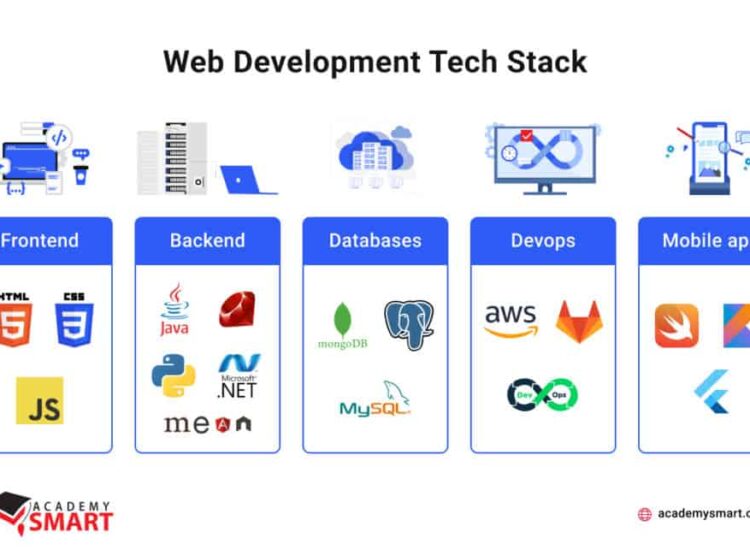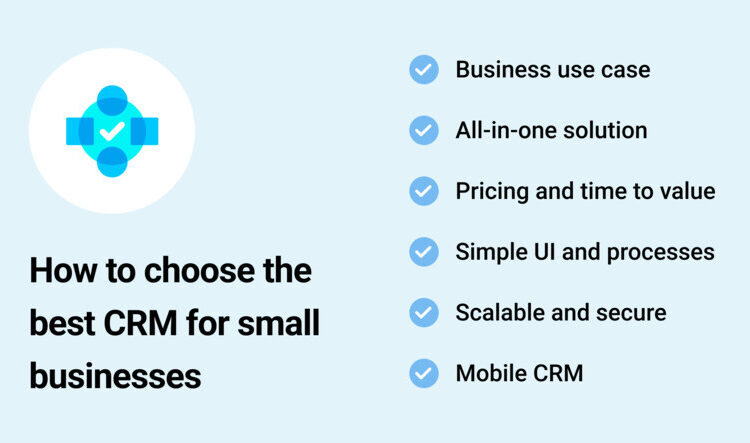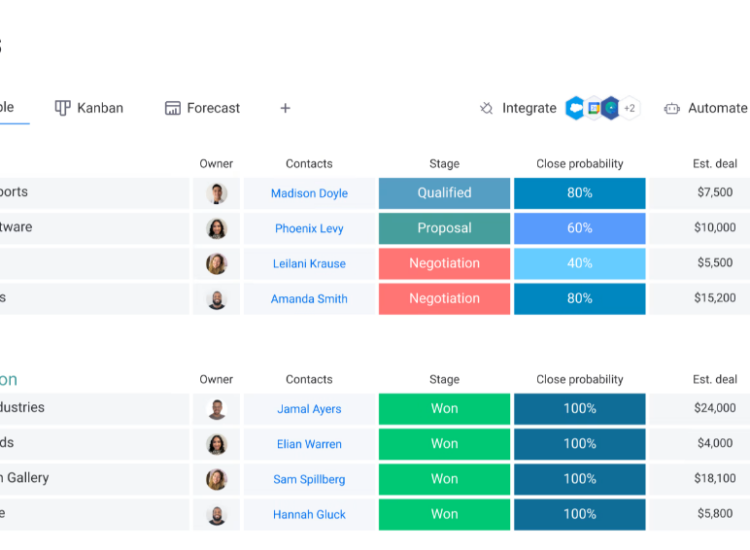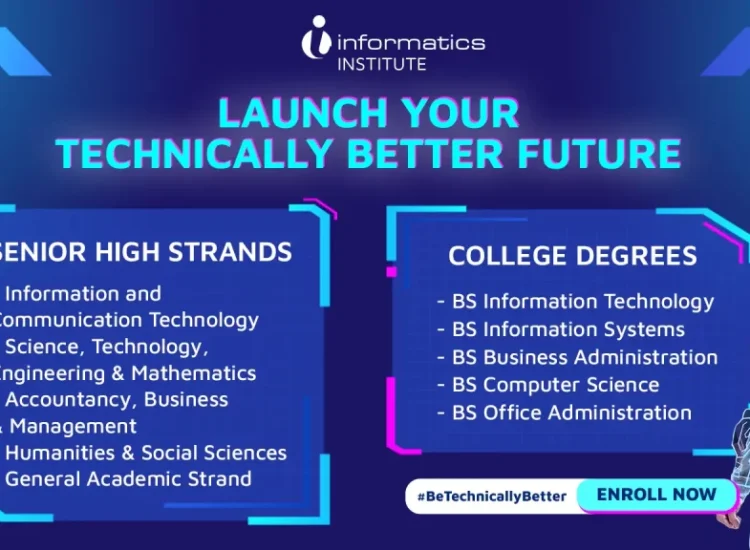In today’s fast-paced world, earning a degree in history no longer requires years of on-campus study. Online degrees in history provide a flexible and accessible option for working professionals seeking to advance their careers. However, the value of these programs hinges on several key factors, including accreditation, program structure, and the individual student’s learning style. This article offers a comprehensive comparison of traditional and online approaches to obtaining a history degree, guiding you toward making an informed choice.
Toc
- 1. Finding the Best Online Degrees in History for Working Professionals
- 2. Balancing Work and Studies: Flexibility in Online History Programs
- 3. Related articles 01:
- 4. Affordability and Financial Aid for Your Online History Degree
- 5. Emerging Trends in Online History Education
- 6. Career Advancement with an Online History Degree
- 7. Related articles 02:
- 8. Specialized Programs and Accelerated Options in Online History
- 9. Choosing the Right Learning Management System (LMS)
- 10. Conclusion
Finding the Best Online Degrees in History for Working Professionals

When considering online degrees in history, it’s essential to evaluate various factors to select a high-quality program. Here are some key criteria to keep in mind:
Importance of Accreditation
Accreditation is a vital factor in ensuring the quality and recognition of your online history degree. There are two main types of accreditation: regional and national. Regional accreditation is typically regarded as more prestigious and is often preferred by employers and graduate schools. For instance, the Higher Learning Commission (HLC) accredits many regionally accredited institutions in the Midwest, while the Southern Association of Colleges and Schools Commission on Colleges (SACSCOC) serves the Southern states. A regionally accredited program generally carries more weight with employers and graduate programs than a nationally accredited one, although nationally accredited programs can still be valuable depending on the specific institution and program. Therefore, when searching for accredited online degrees in history, always verify the program’s accreditation status.
Reputation and Ranking of Universities
The reputation of the university offering the program significantly influences your educational experience and job prospects. Look for institutions known for their history programs and those that have received accolades for their online education offerings. Resources like U.S. News & World Report can help you find the best online degrees in history based on rankings. However, relying solely on rankings can be misleading. Factors beyond rankings, such as faculty expertise in specific historical subfields, research opportunities, and the overall learning environment, should also be considered. For example, a smaller university with a strong faculty in a niche area of history might offer a superior education compared to a highly ranked but larger, more generalized program.
Program Curriculum and Specialization Options
Different online history programs may offer various specializations, such as an American history degree online or a focus on military history. Review the curriculum carefully to ensure it aligns with your career goals. A well-rounded program should cover essential historical concepts while allowing you to delve deeper into areas of personal interest. Additionally, some programs may offer opportunities for independent research or capstone projects, which can further enhance your learning experience.
Faculty Expertise and Teaching Methods
The quality of faculty can make or break your online learning experience. Research the instructors’ backgrounds, their areas of expertise, and their teaching methods. Engaging, experienced faculty can provide valuable insights and foster a stimulating learning environment, even in a virtual setting. Furthermore, check if the faculty members have published research or have practical experience in their fields, as this can significantly enrich the curriculum.
Student Support Services and Resources
Online learning can sometimes feel isolating, so it’s essential to choose a program that offers robust student support services. Look for universities that provide academic advising, tutoring, and technical assistance. These resources can be invaluable as you navigate your studies. Additionally, consider whether the institution offers networking opportunities, such as alumni groups or online forums, which can enhance your learning experience and professional connections.
Balancing Work and Studies: Flexibility in Online History Programs
One of the standout features of online degrees in history is the flexibility they provide for working professionals. Here’s how these programs accommodate your busy life:
Asynchronous Learning and Self-Paced Options
Many online history programs offer asynchronous learning, allowing you to complete coursework on your schedule. This flexibility is perfect for those juggling work and family responsibilities. You can learn at your own pace, which can enhance retention and understanding of the material. However, the flexibility of online learning can also present challenges. Self-discipline and effective time management are crucial for success. The lack of structured in-person interaction can lead to feelings of isolation for some students. Effective communication with instructors and participation in online discussion forums are essential to mitigate this.
Variety of Course Formats
Online history courses often employ various formats, including video lectures, readings, and discussion forums. This diversity caters to different learning styles and keeps the material engaging. Whether you prefer watching lectures or reading textbooks, you can find a format that suits you. Additionally, the integration of multimedia resources, such as documentaries or podcasts, can enrich your understanding of historical events.
Accessibility of Course Materials and Assignments
One of the perks of online education is the ability to access course materials from anywhere. Whether you’re at home or on the go, you can review lectures and submit assignments with ease. This level of accessibility is a game-changer for busy professionals. However, be sure to familiarize yourself with the technology required for your courses, as some programs may have specific software or platforms.
1. https://tech.banktop.vn/mmoga-lpn-online-courses-in-florida-your-pathway-to-a-nursing-career
3. https://tech.banktop.vn/mmoga-best-data-science-online-courses-for-career-transformation-in-2024
4. https://tech.banktop.vn/mmoga-online-degrees-in-finance-your-path-to-career-advancement
5. https://tech.banktop.vn/mmoga-penn-state-online-courses-your-path-to-career-advancement
Time Management Strategies for Working Professionals
While the flexibility of online programs is beneficial, it also requires strong time management skills. Consider creating a study schedule that outlines your weekly commitments and sets aside dedicated time for coursework. This approach can help you stay organized and avoid last-minute cramming. Implementing productivity tools and apps can also assist in keeping you on track.
Tips for Maintaining a Work-Life-Study Balance
Maintaining a balance between work, life, and studies can be challenging. Here are a few tips to help you stay on track:
- Prioritize tasks based on deadlines and importance.
- Set realistic goals for your studies.
- Utilize productivity tools and apps to keep you organized.
- Communicate regularly with family and friends about your commitments to gain their support.
Affordability and Financial Aid for Your Online History Degree
Affordability is a significant consideration for many students pursuing online degrees in history. Let’s break down the cost factors and financial aid options available:
Comparison of Tuition Costs
Online history degrees often come with lower tuition rates compared to traditional on-campus programs. Additionally, many institutions offer competitively priced online history degree programs to attract a wider student base. Be sure to compare costs across different universities to find the most affordable option that meets your needs. Keep in mind that other expenses, such as textbooks and technology fees, may also impact your overall budget.
Exploring Financial Aid Opportunities
Many financial aid options can help alleviate the costs associated with earning your degree. Scholarships, grants, and federal loans are commonly available. Don’t forget to check if your employer offers tuition reimbursement programs, which can significantly offset your expenses. Investigate local and national organizations that provide funding for students pursuing degrees in history.
Utilizing the Free Application for Federal Student Aid (FAFSA)
The FAFSA is an essential tool for accessing federal and state financial assistance. Completing this application can open doors to various financial aid opportunities, making your online history degree more affordable. Be mindful of deadlines and provide accurate information to maximize your chances of receiving aid.
Potential for History Degree Online Free
While entirely free history degrees are rare, some institutions offer free or low-cost online courses that can help you get started. Websites like Coursera or edX may provide introductory courses in history, which can give you a taste of what to expect in a full degree program. Be sure to explore these options as part of your educational journey.
Emerging Trends in Online History Education
The landscape of online education is continually evolving, with new trends emerging to enhance the learning experience. Here are two significant trends in online history education:
Micro-Credentials and Certificate Programs
The rise of micro-credentials and online certificate programs in history is a significant trend. These shorter, focused programs allow students to acquire specific skills or knowledge in a particular area of history without committing to a full degree. For instance, a certificate in digital humanities might equip students with the skills to analyze historical data using modern technology.
Interactive Technologies in Online Learning
Another trend is the increasing use of interactive technologies such as virtual reality (VR) and augmented reality (AR) in online history courses to enhance engagement and understanding. For example, some programs use VR to simulate historical environments or events, allowing students to experience history in an immersive way. This innovative approach can significantly enrich the educational experience and deepen understanding of complex historical contexts.
Career Advancement with an Online History Degree
Having secured an affordable and accredited program, let’s explore how an online history degree can translate into rewarding career opportunities. An online history degree can pave the way for various career paths. Here’s a closer look at the skills you’ll gain and the opportunities available:
Transferable Skills Gained from a History Degree
Earning a history degree online equips you with essential skills such as critical thinking, research, writing, and communication. These transferable skills are highly valued across industries, making you a competitive candidate in the job market. Employers often seek individuals who can analyze complex information, articulate ideas clearly, and approach problems from multiple perspectives.
Career Paths and Examples
Graduates with online degrees in history can pursue a diverse array of careers, including:
1. https://tech.banktop.vn/mmoga-penn-state-online-courses-your-path-to-career-advancement
2. https://tech.banktop.vn/mmoga-best-data-science-online-courses-for-career-transformation-in-2024
4. https://tech.banktop.vn/mmoga-lpn-online-courses-in-florida-your-pathway-to-a-nursing-career
5. https://tech.banktop.vn/mmoga-online-degrees-in-finance-your-path-to-career-advancement
- Archival Work: Preserving and organizing historical documents and records.
- Museum Curation: Creating exhibits and managing collections that educate the public about historical topics.
- Teaching: Educating future generations in schools or as adjunct faculty in higher education.
- Law: Utilizing historical knowledge to inform legal arguments and research.
- Journalism: Investigating and reporting on historical events and their implications.
- Policy Analysis: Evaluating historical data to inform public policy decisions.
Networking Strategies
Networking is vital for career advancement. Many universities provide career services to help students find job opportunities and internships. Take advantage of these resources to build professional connections and enhance your employability. Additionally, consider joining online history degree Reddit communities or local professional organizations to connect with peers and industry professionals. Building relationships can lead to job opportunities and valuable insights into your field.
Specialized Programs and Accelerated Options in Online History
Specialization can enhance your online history degree experience. Here’s how to tailor your education to meet your career aspirations:
Different Concentrations Within History
Online history programs often offer various concentrations, allowing you to focus on specific areas of interest. Whether you’re passionate about American history or European history, you can find a program that aligns with your goals. Specializing can provide you with deeper knowledge and skills relevant to your chosen career path.
Accelerated History Degree Online Programs
For those eager to complete their degree quickly, accelerated history degree online programs are available. These programs allow you to finish your studies in a shorter timeframe, often by taking courses year-round. This option can be particularly appealing for students looking to enter the workforce sooner or those seeking to transition careers.
Dual Degree or Minor Options
Some institutions offer the option to pursue a dual degree or minor alongside your history major. This approach can provide broader educational experiences and enhance your career prospects. For example, pairing a history degree with a minor in political science could prepare you for a career in policy-making.
Choosing a Specialization that Aligns with Career Goals
Selecting a specialization is an important step in your educational journey. Consider your career goals and choose a concentration that aligns with them. This focus can give you a competitive edge in the job market and make you more attractive to potential employers.
Choosing the Right Learning Management System (LMS)
The learning management system (LMS) plays a crucial role in your online education experience. Here’s what to look for:
Features of a Good LMS
An effective LMS should offer easy navigation, timely access to course content, and tools for student interaction. A user-friendly platform can make a significant difference in your online learning experience. Look for features such as discussion boards, assignment submission tools, and grade tracking to enhance your educational experience.
Factors to Consider When Evaluating an LMS
When evaluating different LMS platforms, consider factors such as course structure, instructor availability, and the extent of student support services offered. Researching these elements can help you find the right fit for your needs. Additionally, read reviews or seek feedback from current students to gauge the effectiveness of the platform.
Examples of Different LMS Platforms Used by Universities
Many universities utilize popular LMS platforms like Canvas, Blackboard, and Moodle. Familiarizing yourself with these systems can ease your transition into online learning. Knowing how to navigate these platforms will help you focus on your studies rather than struggling with technology.
Conclusion
Pursuing an online degree in history offers working professionals a flexible and affordable pathway to career advancement. By carefully considering accreditation, program structure, cost, and career goals, you can find the perfect online history degree to enhance your skills and achieve your professional aspirations. Furthermore, staying informed about emerging trends in online education, such as micro-credentials and interactive technologies, can enrich your learning experience. Start your research today by exploring accredited online programs and available financial aid options. Your future success awaits!

